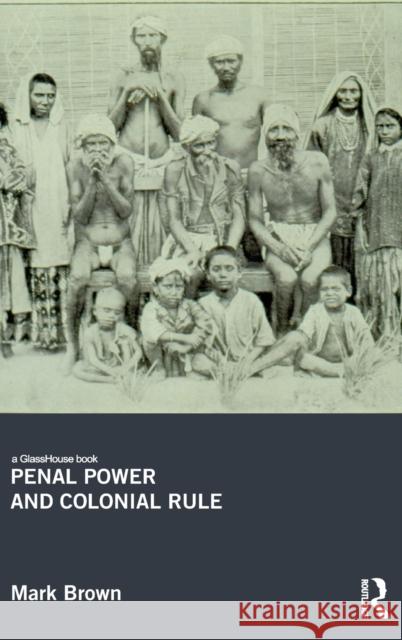Penal Power and Colonial Rule » książka
Penal Power and Colonial Rule
ISBN-13: 9780415452137 / Angielski / Twarda / 2014 / 218 str.
Penal Power and Colonial Rule
ISBN-13: 9780415452137 / Angielski / Twarda / 2014 / 218 str.
(netto: 743,28 VAT: 5%)
Najniższa cena z 30 dni: 705,23
ok. 16-18 dni roboczych.
Darmowa dostawa!
Colonial Criminology provides an account of the distinctive way in which criminology developed outside the metropolitan center. Proposing a radical revision of the Foucauldian thesis that criminological knowledge emerged in the service of a new form of power - discipline - that had inserted itself into the very center of punishment, it argues that Foucault's alignment of sovereign, disciplinary and governmental power will, necessarily, need to be re-read and re-balanced to account for its operation in the colonial sphere. For, although the emergence of disciplinary power and its attendant forms of knowledge provided for key social transformations in the modernizing metropolitan state, in colonial states power was almost exclusively sovereign and governmental (bio-political), with disciplinary strategies given only limited and equivocal attention. In order to develop this argument, and give an account of the emergence of colonial criminology as a form of knowledge distinct from its metropolitan counterpart, this book provides an analysis of the key British colonial experience in India from the 1820s to the early 1920s.











